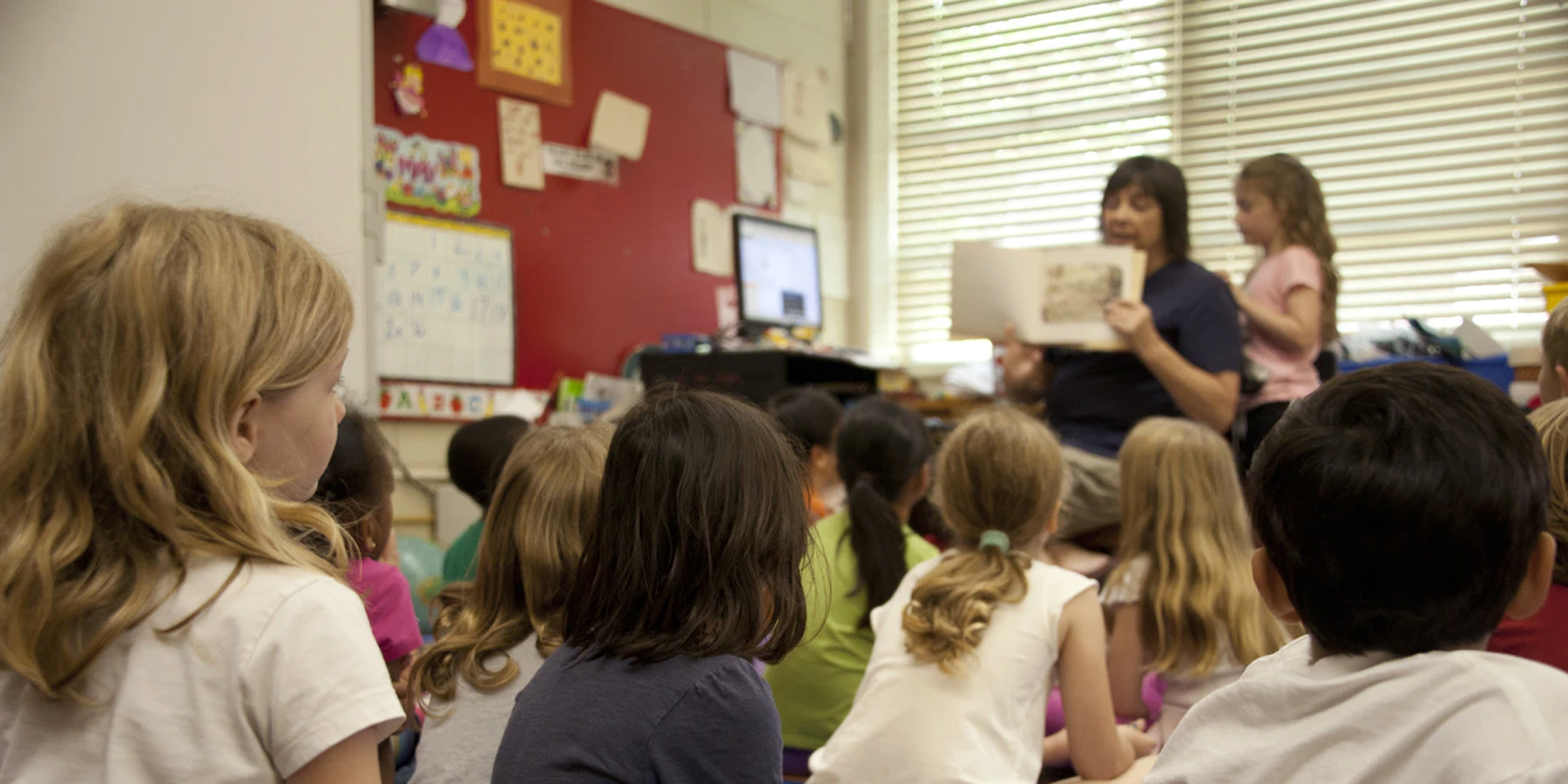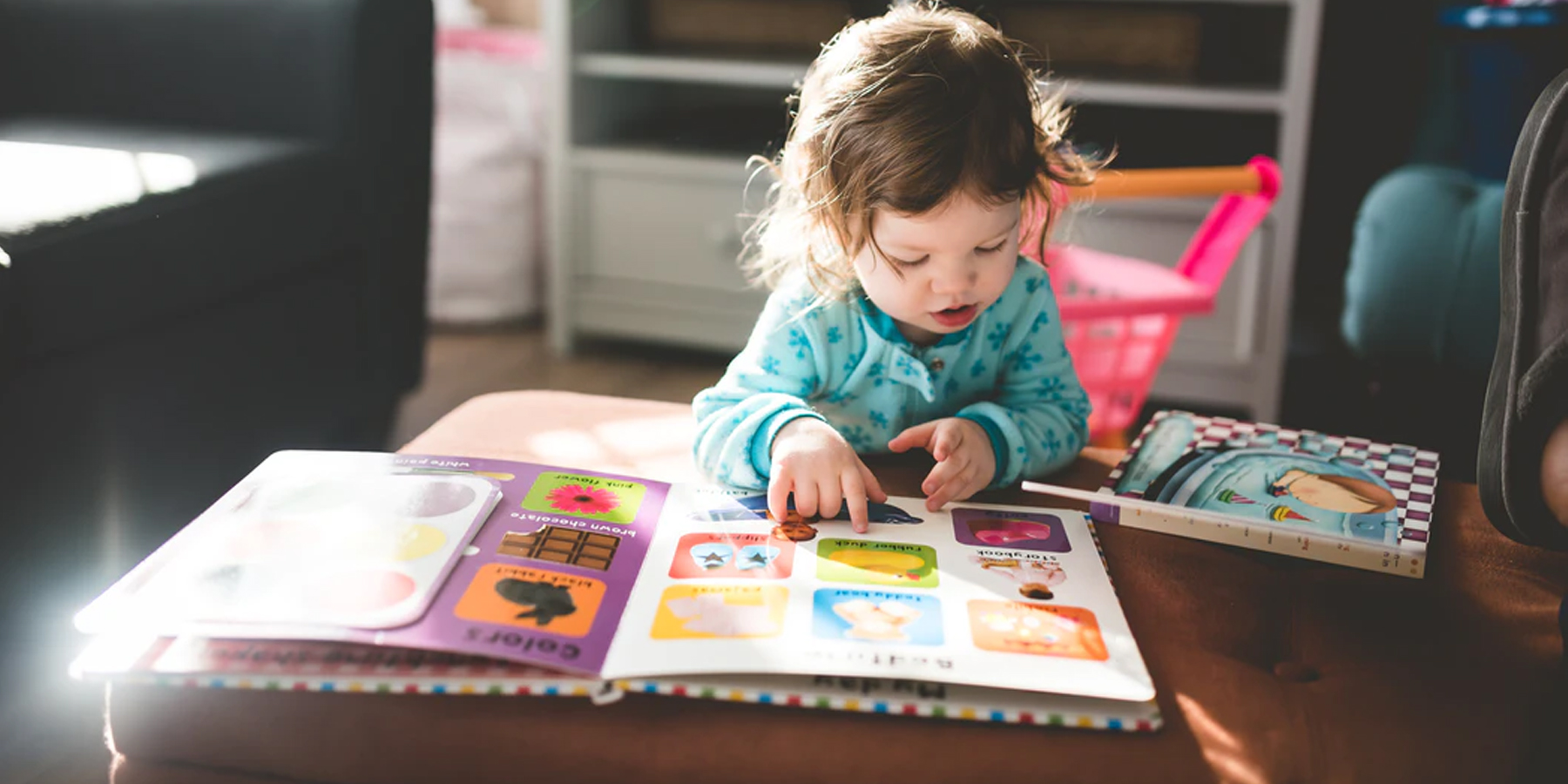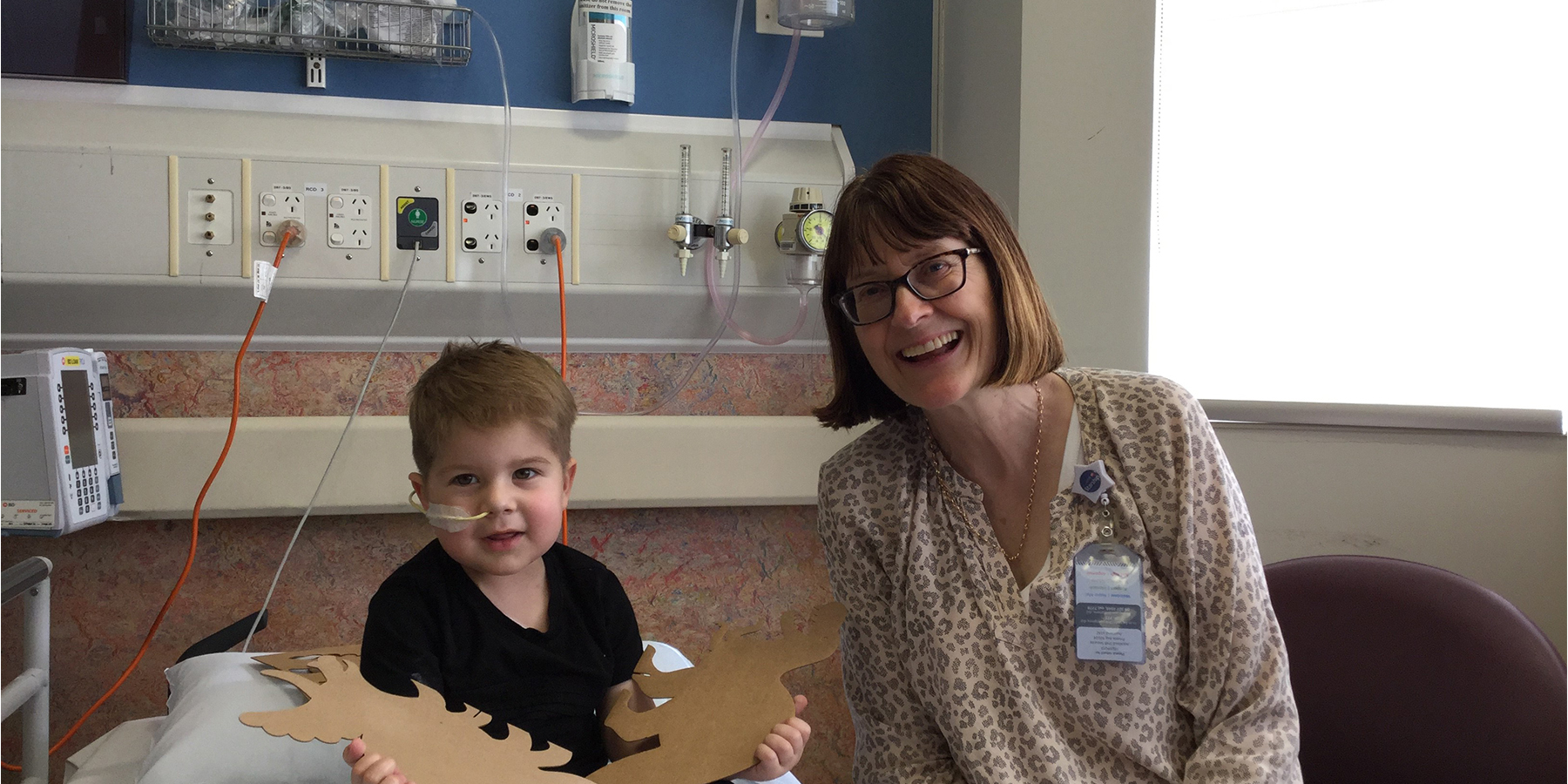Coping with guilt
By Ellie Gwilliam, Parenting Place
One of the more surprising side-effects of parenthood is feeling guilty about a lot of stuff, a lot of the time. We can feel guilty that we’re not doing enough for our kids, and guilty that we’re doing too much. Guilty that we have to spend so much time at work, guilty over deciding to be a stay-at-home parent. Guilty that one child got new shoes while the other one has (perfectly fine!) hand-me-downs. Followed by guilt that you just spent a chunk of the grocery budget on another pair of shoes to make it all ‘fair’.
It’s no surprise, then, that parenting your whānau when one of your children has cancer brings a whole new variety of guilt-inducing scenarios. I spoke to Shannyn Hansen, Family Support Team Leader at Child Cancer Foundation, who introduced me to the many types of guilt she has seen families navigate.
There’s often a baseline guilt around the initial diagnosis. You might find yourself questioning, “Why my child? Did I do something wrong? How have my actions led to this?”
We parents can be pretty hard on ourselves in general, blaming ourselves for every issue our child is facing. But the heavy weight of a cancer diagnosis can be even more guilt-inducing.
There’s late-diagnosis guilt. Our primary healthcare system doesn’t expect kids to get cancer, plus many symptoms can be masked, so a late diagnosis is not uncommon in children. This often leads parents to greater anguish – “Should I have noticed? Should I have gone to the doctor sooner? Would the outcome have been different?”
Then there’s separation-anxiety guilt. Separation can be hard for the siblings left at home while a child is receiving treatment, and also for the child spending time away. Say hello to more big feelings for parents to navigate as they feel spread increasingly thinly across their family and responsibilities, feeling like they are never in the right place at the right time.
Traveling for treatment means parents often miss the ‘normal’ parts of family life. This is out of necessity of course, especially for families outside of the main centres, but the guilt remains. School interviews, sports games, performances and birthday parties – not being there for key events is hugely guilt-inducing, but it’s simply not possible to be in two places at once.
Then there’s the challenge of typically one parent going to treatment appointments and suddenly being exposed to a whole new world of information. They then come home “speaking Swahili overnight”, leaving the other parent with knowledge-deficit guilt, explains Shannyn. Understandably, this puts pressure on the relationship.
And then there’s survivor guilt – “I still have my child.” This can happen in kids and teens too, driving them towards perfectionism as they strive to ‘make the most of their life’.
While this is a lengthy and sobering list, Shannyn reassures us that all these forms of guilt are to be expected and that accepting the normalcy of these feelings is key to coping with them. It’s also incredibly important that parents are gentle on themselves and realistic in the face of their circumstances. Even without the curveball of a cancer diagnosis, no parent is doing it all perfectly.
Be encouraged that ‘good enough’ parenting is good enough to raise thriving and flourishing children. It can also be helpful, especially in dealing with that tendency parents have to beat themselves up, to ask yourself how you’d treat a friend experiencing the same struggle. What would you say to that friend? Try using those same kind words for yourself. In the face of hardship, we also encourage parents to focus on what they can change right now, instead of thinking about everything that’s going wrong.
Gathering support around you is another thing you can do to alleviate guilt. Shannyn advises families to bring in trusted friends as key support people, especially for siblings left at home. Having a ‘go-to’ person for your kids when you’re away can really help. Someone who can regularly check in and offer even simple things, like picking them up for an ice cream or to join them in walking the dog. A diagnosis can be quite polarising for children, observes Shannyn, often leaving siblings feeling invisible. Having a designated someone ‘looking out’ for them helps your children left at home to feel seen.
Among the families Shannyn has worked with, she has observed parents use a range of hugely meaningful gestures to help their children feel connected while they are away, from daily after-school check-ins on the phone to regular Zoom calls that are focused on the sibling’s life, to notes left under pillows. Another beautiful gesture is leaving a treasure with your children at home – like stones, carvings or pounamu, even a small doll or toy – that are ‘charged up’ with hugs and kisses. This provides something physical that a child can hold on to, reminding them that Mum and Dad are not far away. Likewise, perhaps the patient could take a ‘charged up’ treasure from their at-home parent and/or siblings with them when they travel for treatment, so they have something special from home to hold on to.
Having some strategies in place to ensure all family members feel connected, regardless of physical distance, can go a long way in alleviating guilt. Remind yourself that distance doesn’t have to be an obstacle to feeling loved, and reassure yourself that you are doing the best you can to care for all your family members.
Parenting a child through cancer diagnosis and treatment is huge. The grief and stress can take a massive toll. It may seem counter-intuitive, but one of our key pieces of advice at Parenting Place is especially pertinent to those in this most challenging situation – prioritise self-care. To best care for our children, we need to take good care of ourselves as parents. Wellbeing is paramount – yours and your child’s – so do whatever you can to look after yourself.
This may seem far easier said than done when hospitals and cancer treatment are thrown in the mix! Shannyn reminds parents that one-on-one support is very important, especially with their Family Support Coordinator. She strongly urges parents to talk to their coordinator, and to other parents in similar situations. Recognising that certain feelings are normal and common helps parents name guilt for what it is, and then empowers them to let go of it. “Allow yourself permission to feel all the feelings, and then let them go,” says Shannyn.
Like all challenges in life, cancer is a chance to build resilience. As parents, it’s a powerful opportunity to model resilience to our kids. “Really terrible things happen in life, but there is still opportunity for growth. It sounds idealistic to say but we certainly see it – families having incredible responses and doing amazingly well,” concludes Shannyn.


